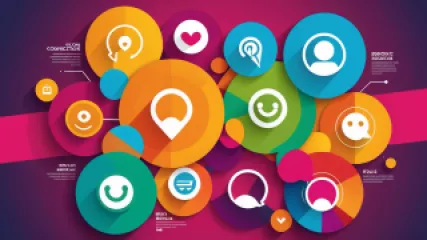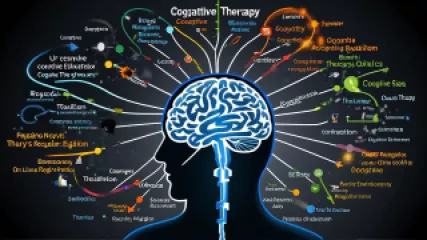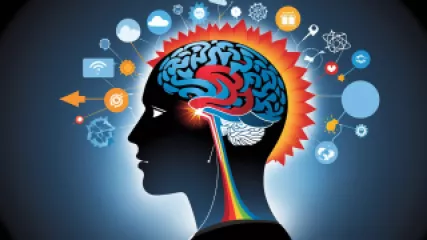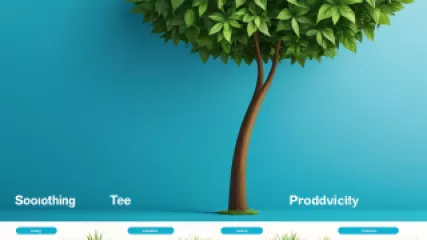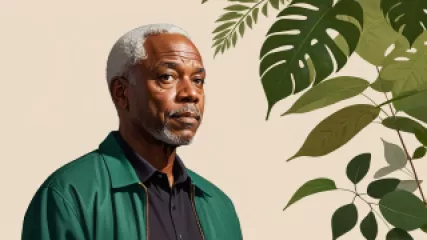How Does Brand Psychology Impact Customer Behavior?
1 year ago
Psychology of Brands
Mastering Cognitive Therapy: A Step-by-Step Guide for Online Trauma Recovery
1 year ago
Cognitive Therapy
Understanding and Overcoming Cognitive Biases: A Step-by-Step Guide
1 year ago
Psychology of Belief
What are the Mental Health Benefits of Physical Touch?
1 year ago
Benefits of Physical Touch
10 Compelling Reasons to Take a Mental Health Break
1 year ago
Mental Health Break Importance
5 Proven Strategies to Manage Peer Competition and Thrive
1 year ago
Handling Peer Competition
Top 10 Digital Wellbeing Tools to Boost Productivity and Focus
1 year ago
Digital Wellbeing
Navigating Life Transitions: Counseling Services to Support Your Journey
1 year ago
Life Transitions
My Journey to Building Resilience: Overcoming Life's Challenges
1 year ago
Resilience
Easy Anxiety Relief Exercises for Immediate Calm
1 year ago
Anxiety Relief Exercises
What is the Psychology Behind a Gratitude-Based Therapy Approach?
1 year ago
Psychology of Gratitude
From Anxiety to Acceptance: My Journey with Cognitive Behavioral Therapy and Dealing with Uncertainty
1 year ago
Dealing with Uncertainty
10 Proven Strategies to Overcome Mental Fatigue
1 year ago
Mental Fatigue Solutions
Uncovering Your Authentic Self: An Interview with a Self-Discovery Expert
1 year ago
Discovering Self Identity
Bridging the Mind-Body Gap: A Step-by-Step Guide to Holistic Well-being
1 year ago
Mind Body Dichotomy
